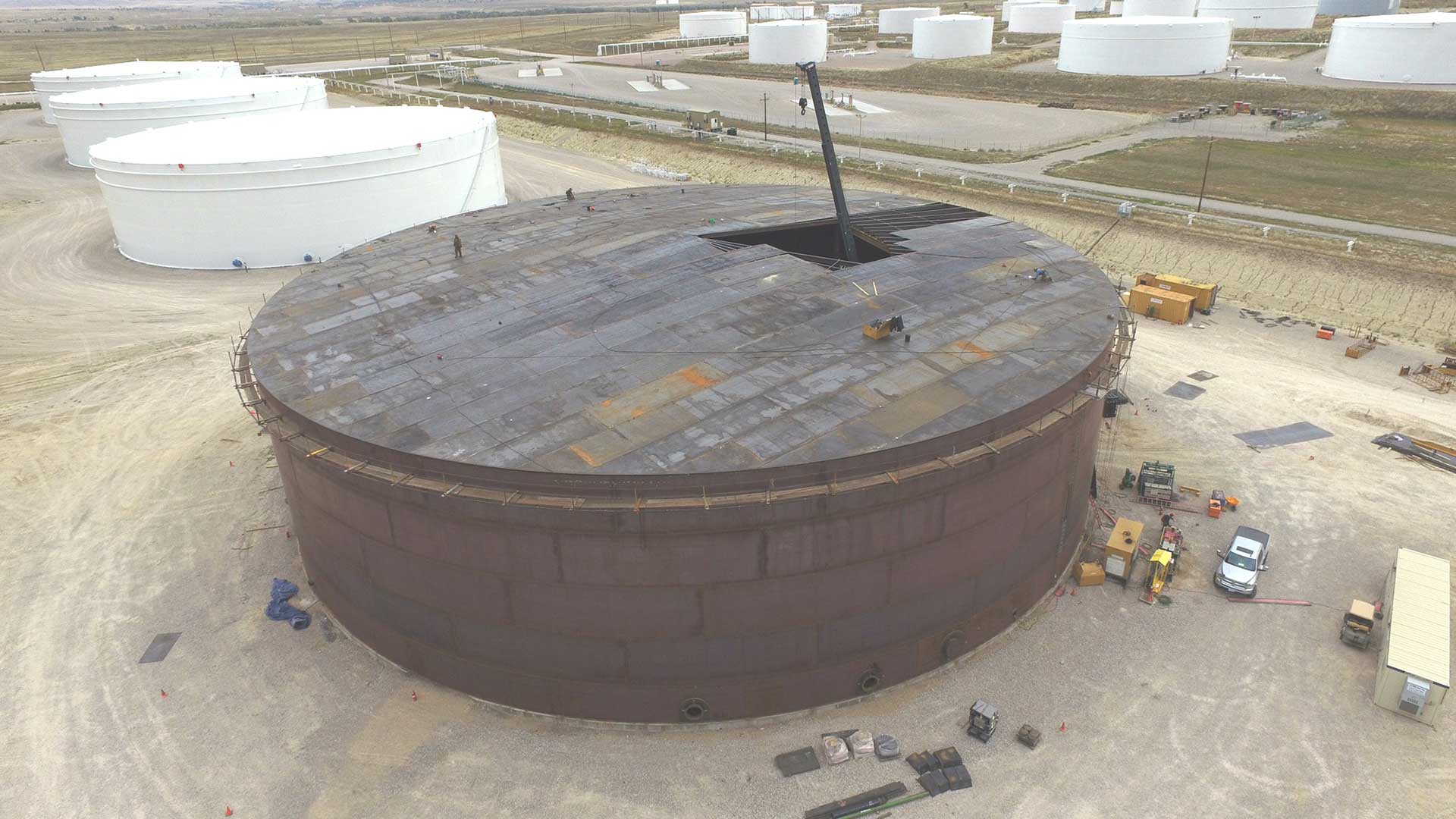One of the most difficult decisions for a business owner to make is when to call it quits. Last month I wrote about the financial challenges at a couple of my companies. Using the example of how I pumped water from my grandfather’s old hand-powered water pump, I explained how we must push through difficult times because we know that once we overcome these obstacles, things will get better. But will they always?
While I am certain we will prevail in our situation, one of my readers asked an excellent question: When are things so dire for a company that it becomes necessary to shut down operations? In other words, what if you are spending all your effort pumping on a dry well?
Peter Ferdinand Drucker was an Austrian-American management consultant, educator, and author whose writings contributed to the philosophical and practical foundations of modern management theory. He said, “There is nothing so useless as doing efficiently that which should not be done at all.” Wow! That sounds just like pumping on a dry well.
How do you know it is time to pull the plug on your business? Here are a few things to consider when deciding whether to continue operations during difficult times:
- Are you in the right market or industry where work is prosperous?
- Is your business plan/model sustainable?
- Do you have the right team in place?
- Do you have a retention plan in place to keep the best players?
- Do you have enough cash to allocate until you realize a return on your investment?
These are tough questions, and often you cannot understand how tough they are to answer until your back is against the wall. The hardest part is the reality that there is no time to be anything but honest with your answers.
I have been there. I have started businesses that have lost a lot of money. When I finally evaluated them under the lens of these five questions, it was apparent that they were not worth my time or money, and I had to shut them down. I am happy to report that is not the case with my current situation. My struggling companies are different because I can confidently say “yes” to all five questions, so a shutdown is not in our plans.
If you have asked the right questions and determined there is a light at the end of the tunnel, regardless of the difficulty of your current situation, you must start looking ahead. The only way to ensure future prosperity is to plan your next several moves right now.
Some of the information I am going to share is based on what I learned from the book Your Next Five Moves by Patrick Bet-David. If you have not read the book, I recommend it.
With the ups and downs we experience in business, combined with past mistakes, it is easy to get frustrated and lose faith in our ability. We indeed create many of our own problems, yet there are still others that are simply out of our control. This makes it difficult to stay confident in making decisions that will result in success.
For example, because of your current difficult situation, you may be reluctant to move forward with paying extra to get the right team members in place. Or maybe you decide not to invest in the right equipment to do a job because things are iffy right now. Resist this kind of thinking and push forward. Granted, it is uncomfortable and even scary, but that is part of the reality of building a successful business. You will endure anguish greater than you ever thought you could, but it is all part of the process. In the end, those who do not give in to the pain and quit; those with the greatest endurance, give themselves the highest chance of success.
I once read that the best chess players in the world can see 10-25 moves ahead. Business leaders need to think in the same fashion. We should always be looking ahead, predicting, analyzing, strategizing, and preparing our next moves. If you can lay out your plans and it works on paper, you will likely be successful. Equally valuable to forward-thinking is problem-solving, which is your capacity to take a complex project and break it down into a step-by-step formula that helps you identify the root of the problem.
Your mindset is everything. When you start viewing a crisis as an opportunity, you are winning the game. The best businesspeople over time have an unrelenting approach to solving problems. In his book, Bet-David uses what he calls the ITR (Investment, Time, Return) strategy.
- Investment: How much will it cost or save us?
- Time: How much time will it save or cost us?
- Return: You must calculate the time and money involved in the decision.
In business, I subscribe to the adage, “No man is an island.” I have always loved making quick decisions because once a decision is made, my mind is clear of all confusion. However, my decisions are not based solely on my opinion. I have learned that when you are making decisions while flying solo, you will always lose to a team. Working collaboratively with my team leads to better outcomes and more effective problem-solving.
I am not suggesting that you listen to every opinion that’s offered. On the contrary, this is where it is important to have the right team in place. It is also where you will find out what type of leader you really are. Insecure leaders surround themselves with “yes” people. Secure leaders surround themselves with people who are smarter than they are, and those who will challenge them, especially in their weak areas. Put your ego aside and lean into the experts you have hired.
No one wants to be in a situation where they have to decide if there is no future for their company. Every facet of the predicament is stressful because we tend to take failure personally. While it does not eliminate the sting, knowing there is a methodology to guide your decision can help lessen the pain.
I am living proof that the end of a business is not the end of the world; although when you are in the midst of the storm, it can sure feel like it. Take comfort in the fact that you are a better leader having gone through the experience. When you launch your next venture, you will likely find success because your decision will be based on the knowledge you learned and the wisdom you earned.
Damian Lang is CEO at Lang Masonry Contractors, Wolf Creek Construction, Buckeye Construction and Restoration, 3 PLS Labor Services, Malta Dynamics Fall Protection, and Safety Company, and EZG Manufacturing.
To view the products and equipment his companies created to make job sites safer and more efficient, visit his websites at ezgmfg.com or maltadynamics.com. To receive his free e-newsletters or to speak with Damian on his management systems or products, email dlang@watertownenterprises.com, or call 740-749-3512.






